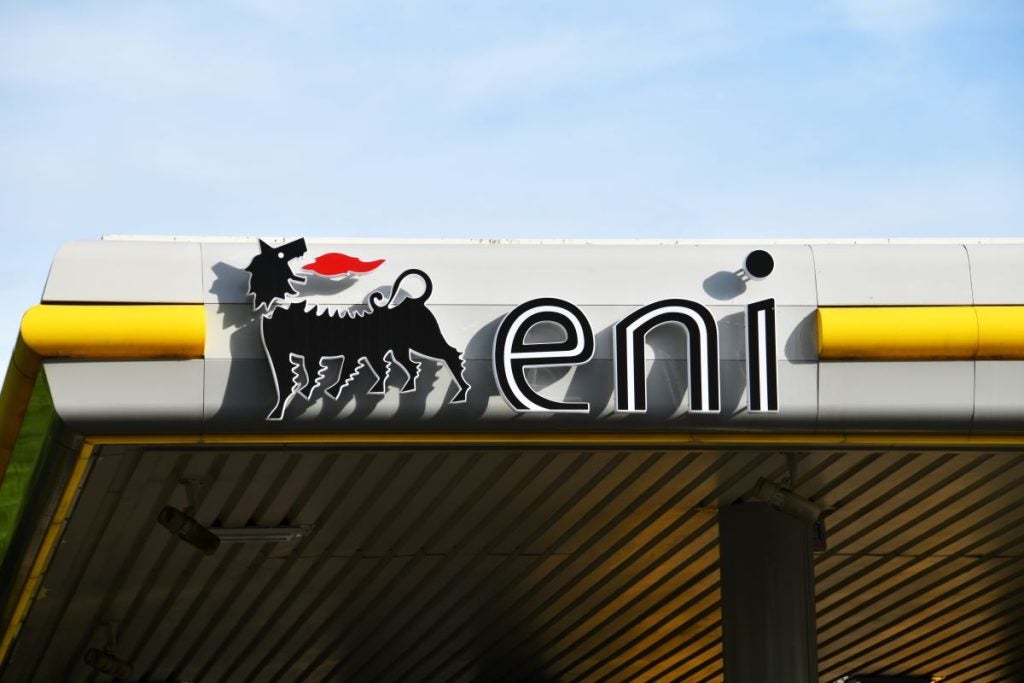

Managing the by-products of oil and gas drilling in a green and sustainable manner has been an issue for the international energy industry for a long time.
In particular, HSE departments – bound by regulatory bodies such as the OSPAR Commission – are now encouraged to deploy eco-friendly separating products and techniques for oil and gas exploration and production practices.
This, in turn, relates to the proper disposal of drilling fluids, produced water, oily solids and other oily wastewater into any aquifer, land or water body.
Out of all the environmentally-friendly practices at the disposal of the offshore O&G sector, demulsification could be the most efficient way of treating and recycling drilling fluids – more commonly referred to as drilling ‘muds’.
Stuck in the mud: Meet the eco-friendly demulsifier
At Aberdeen’s Robert Gordon University, Urenna Ekeh-Adegbotolu, a final year PhD researcher, made it her mission to develop an eco-friendly demulsifier to separate drilling mud into its component parts of pure water, oil and solids.
How well do you really know your competitors?
Access the most comprehensive Company Profiles on the market, powered by GlobalData. Save hours of research. Gain competitive edge.

Thank you!
Your download email will arrive shortly
Not ready to buy yet? Download a free sample
We are confident about the unique quality of our Company Profiles. However, we want you to make the most beneficial decision for your business, so we offer a free sample that you can download by submitting the below form
By GlobalData"The project is designed to carry out phase separation of waste components, allowing the recovered components to be made into useful resources," says Ekeh-Adegbotolu. "The research outcomes are aimed at saving operators money on oil spill cleanup and oil spill compensations, and improve levels of sustainability within the industry – as well as creating new business ventures and jobs."
We round up the most innovative oil spill recovery technologie.
While the O&G industry may have done much to burnish its green credentials in recent times, Ekeh-Adegbotolu – a self-confessed lover of "solving problems" – was stirred into action to launch the project due to there being a conspicuous lack of advanced demulsification technology on the market.
"Taking the oilfields off the Scottish coast as an example, I noticed there was a real gap in the area of demulsifiers," she says. "While there might be a regulatory bodies, such as the Scottish Environment Protection Agency [SEPA], waste management still remains a real issue. There needs to be a conspicuous shift from using hazardous chemicals in drilling to more eco-friendly alternatives."
Beyond science: Corporate responsibility and the advantages of a green makeover
According to Ekeh-Adegbotolu, one of the most important factors that she has taken into consideration from the outset of her project is that of flexibility. If the industry is to makes strides in its deployment of demulsifiers, it needs to create technology that is adaptable to the environment within which it operates – with the long-term in mind, too.
"The whole idea of this project is to ensure that we produce eco-friendly demulsifiers that can easily adapt, just like animals in the ocean or aquatic environment can quickly adapt without causing harm to them or the environment," she says. "It’s more than just separating drilling mud into its respective parts; it’s really thinking about the future and not just today."
As alluded to by Ekeh-Adegbotolu, the demulsifier could also afford companies a number of cost benefits. Not only are the bio-chemicals required for demulsification cheap to purchase – in comparison to other chemical procedures – but an O&G explorer could make significant gains by fostering a strong green reputation.
So, commercially speaking, is it in a company’s interests to invest in an eco-friendly demulsifier?
"Absolutely," says Ekeh-Adegbotolu. "The use of the chemicals also creates an avenue whereby companies are not held liable for the destruction of ecosystems or required to pay compensation.
"These are huge cost savings for companies at the end of the day. The use of products like this definitely brings about a good image for companies – they don’t want people accusing them of shirking their environmental responsibilities."
Recyclable: The use of recovered solids in nanocomposite materials
The project will also research the recycling of the recovered solids as nano-clay fillers in the production of nano-composite materials, which are commonly used in the oil and gas industry -as well as the automobile sector. This could also allow companies to make additional profit from their drilling activities.
"These recovered by-products can be used for the production of other goods – nano-composite structures and materials are often used in the oil and gas industry," says Ekeh-Adegbotolu. "Then the oil itself can be exported. That’s the other idea around my project. I’m not trying to produce a chemical that makes the oil disappear from the water; instead I am trying to recover it, so as to create greater opportunity for wealth creation."
It’s an important distinction, which is likely to be music to the ears of oil and gas explorers. The vital signs of the project also give cause for optimism. According to Ekeh-Adegbotolu, results so far in testing have indicated a hydrocarbon reduction rate of approximately 94-99%. But, while sanguine about potential commercialisation, Ekeh-Adegbotolu admits that there is still some way to go.
"The next stage for me is to actually look at ways of making this much more cheaper, as well as investigating the potential use of the by-products," she says. "I will also continue to look into how to better recycle drilling fluids, and the production of nanocomposite structures. The idea is really to take by-products generated by today’s oil and gas companies and feed them back into the industry."


.gif)





